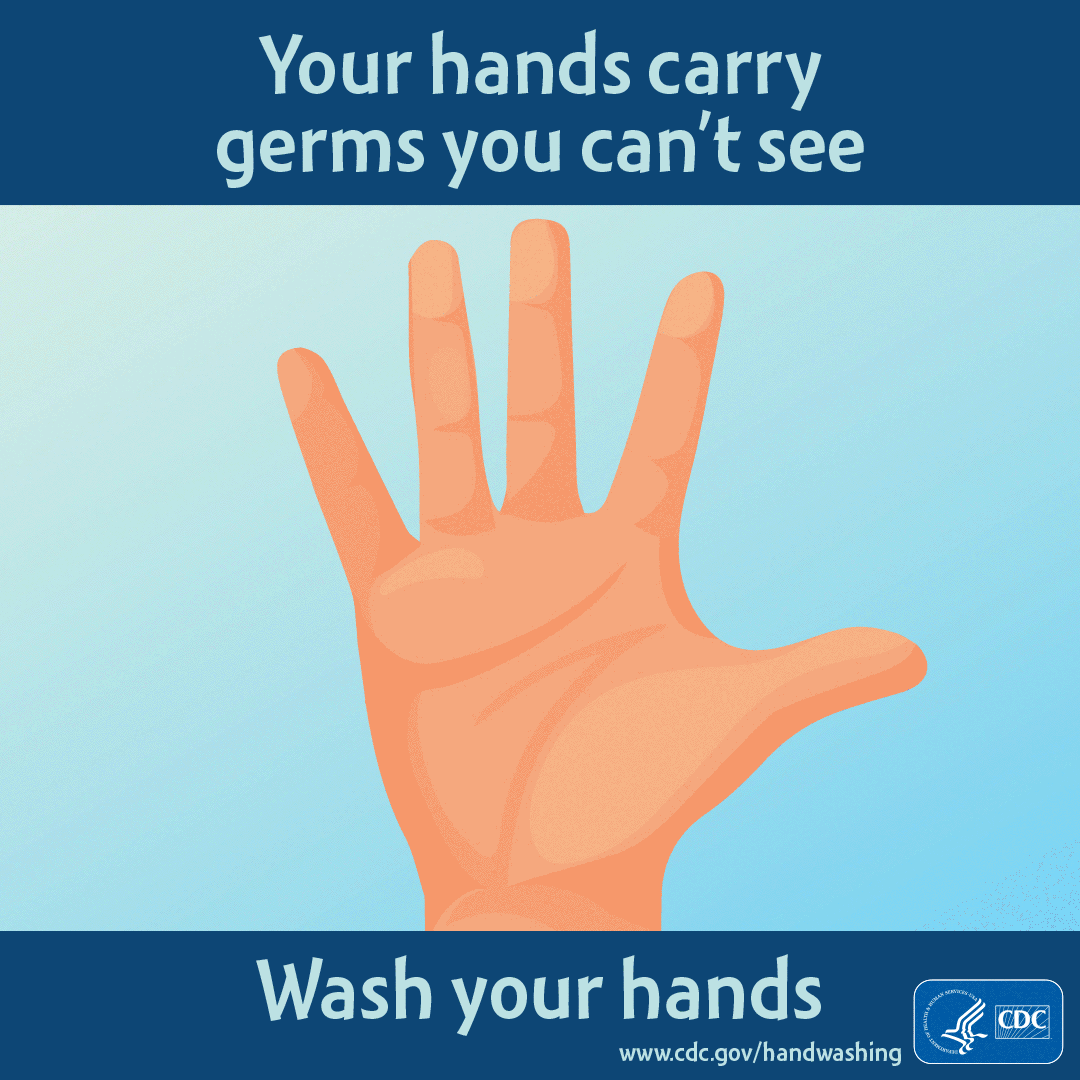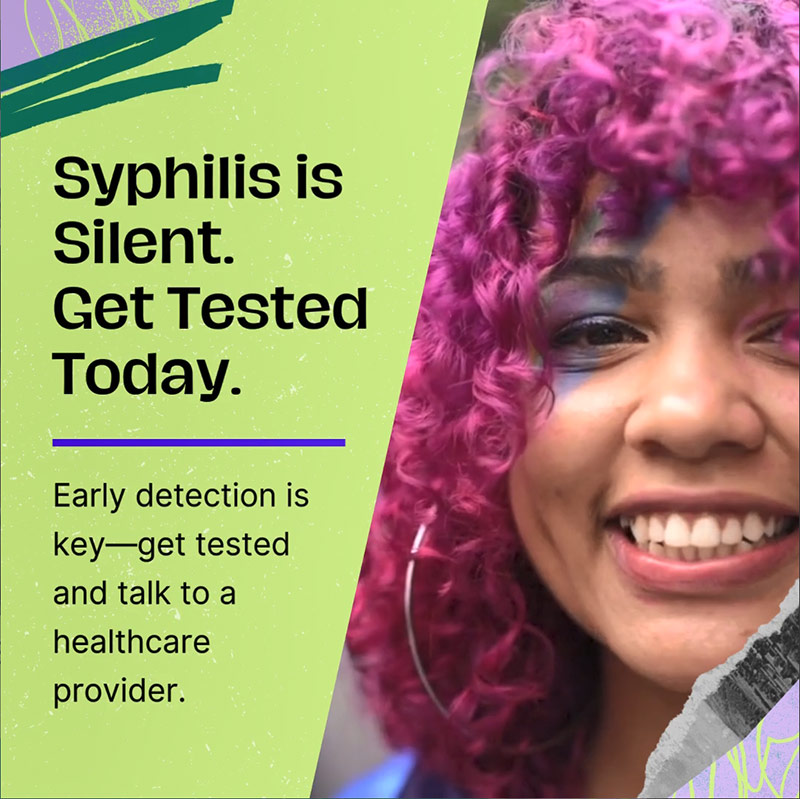Hepatitis A is a contagious liver disease that results from infection with the hepatitis A virus. It can range in severity from a mild illness lasting a few weeks to a severe illness lasting several months. Vaccination is the best protection against hepatitis A infection.
Hepatitis A occurs worldwide. In the U.S. and in Mississippi, cases have steadily declined over the last decade following the recommendation of routine vaccination against hepatitis A for all children in 2005.
The number of cases of hepatitis A reported each year in Mississippi is typically 10 or fewer.
How Hepatitis A Spreads
An infected person will have the hepatitis A virus present in their feces (stool). Very small amounts can contaminate food or the environment.
The virus spreads when a someone unknowingly ingests the virus from objects, food, or drinks contaminated by small, undetected amounts of stool from an infected person. The virus can also be spread through close personal contact with an infected person.
Hepatitis A is most infectious two weeks before illness to one week after the onset of jaundice (yellowing of eyes or skin).
At Risk
Special groups are more likely to be at risk for hepatitis A, but poor hygiene by an infected person can spread the disease to anyone.
Groups at increased risk for hepatitis A or its complications include:
- International travelers (particularly travel to rural areas in high-risk countries)
- Recent international adoptees from countries where hepatitis A is common
- Men who have sex with men
- Users of illegal drugs
Symptoms
Hepatitis A is rarely fatal, and most people recover in a few weeks without any complications.
Hepatitis A causes fatigue, low appetite, stomach pain, nausea and jaundice for up to two months of infection.
Symptoms vary from no symptoms to light stools, sudden onset of fever, malaise (feeling sick), anorexia (not eating), nausea, abdominal discomfort, jaundice (yellowing of the eyes/skin), and dark urine.
Testing
Testing for hepatitis A is also widely available through your healthcare provider and clinical labs statewide.
The Mississippi Public Health Laboratory performs hepatitis A testing for county health departments and as needed for outbreak investigations.
Prevention
Practicing good hand hygiene is important to prevent the spread of hepatitis A. This includes washing hands after using the bathroom, changing diapers, and before preparing or eating food.
Prevention through vaccination is the best long-term protection against hepatitis A. Immune globulin can be administered for short-term protection.
Getting Vaccinated
Hepatitis A vaccination is available through your healthcare provider or pharmacist. If you are uninsured or underinsured, vaccination is available through any county health department.

Treatment
There are no special medications or antibiotics used to treat a person once symptoms appear.
Doctors may recommend bed rest or inactivity, eating a balanced diet low in fat, and making sure you get enough fluids. Medicine to help with vomiting or dehydration is sometimes needed.

